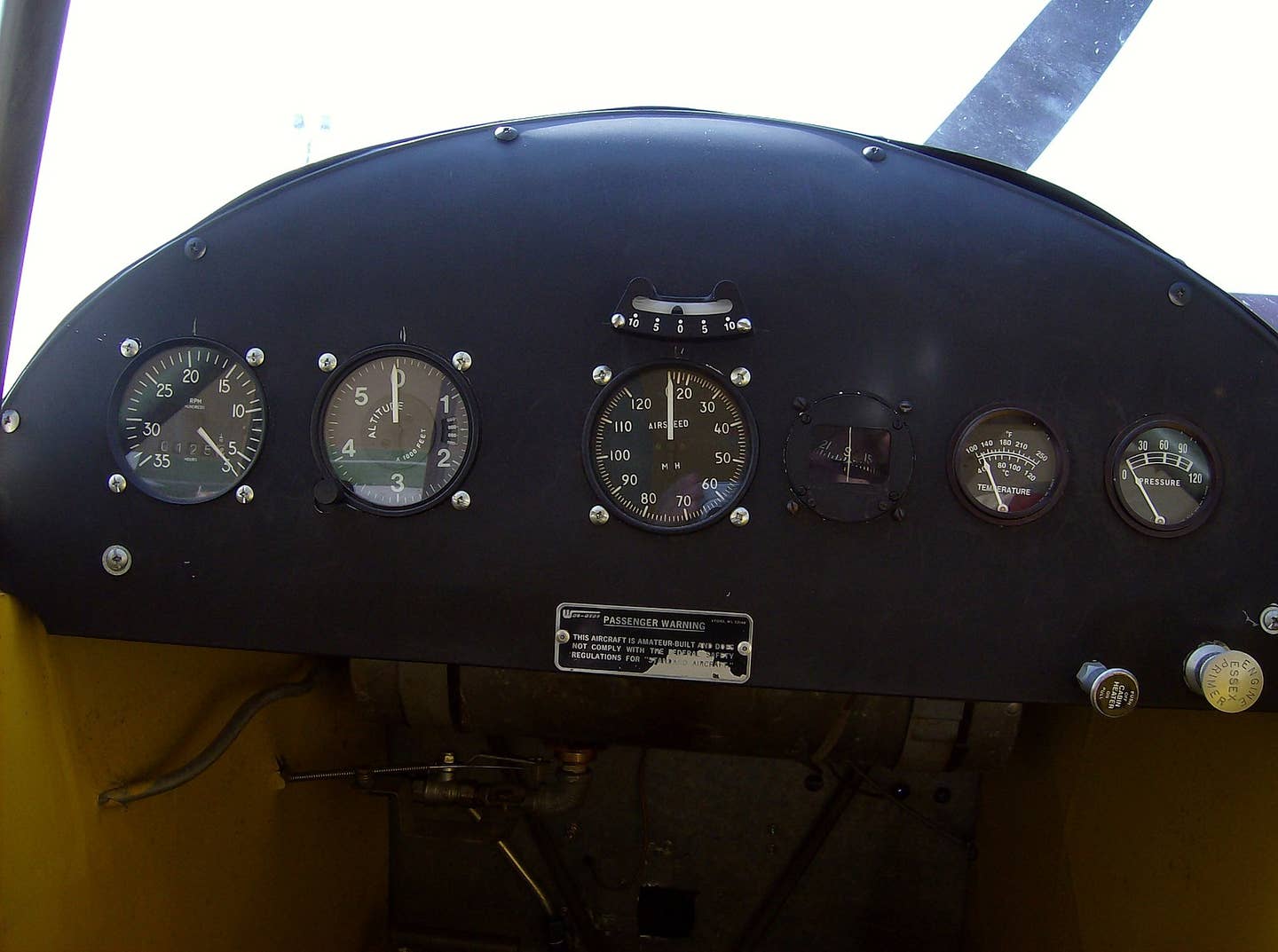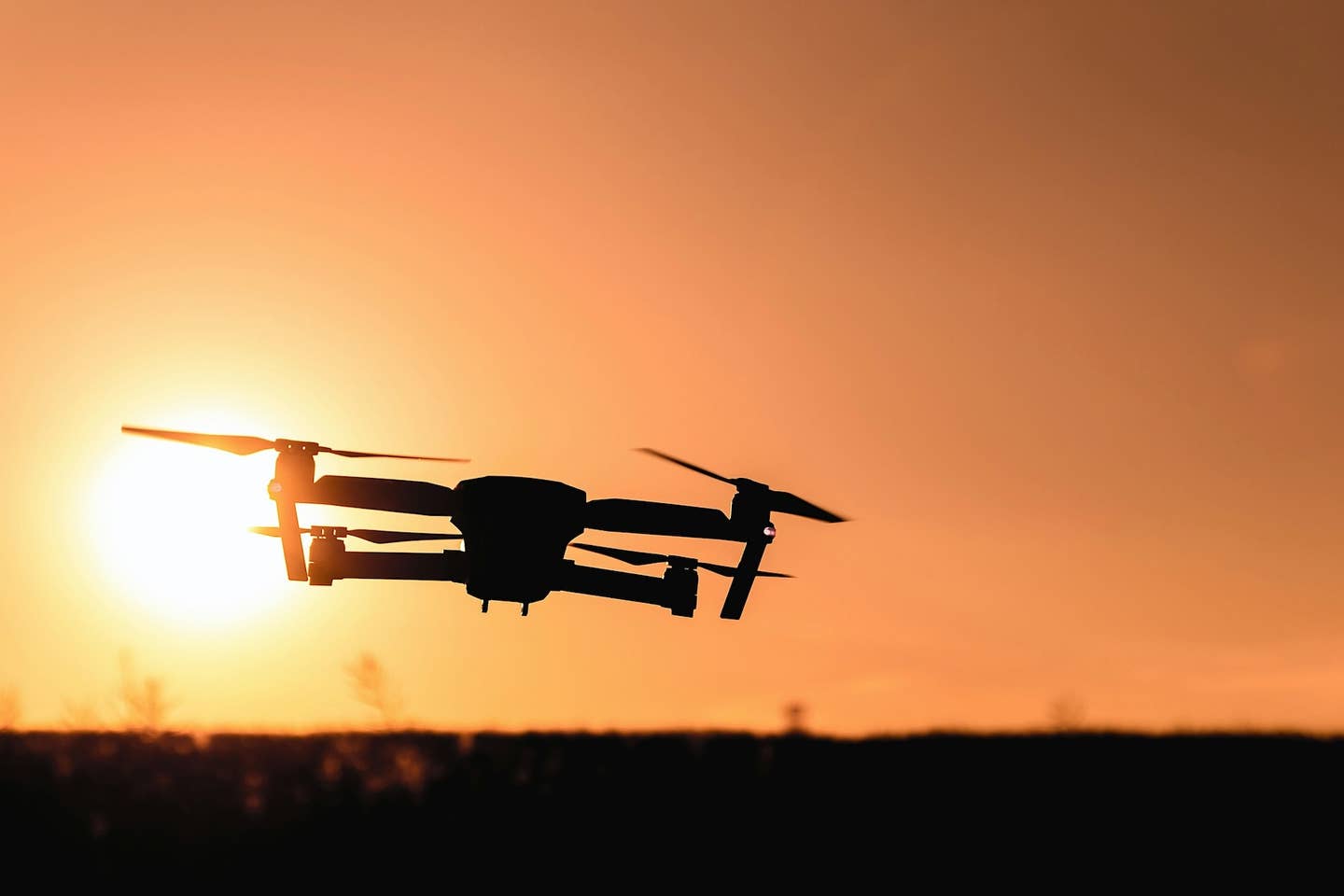Flying With Hal
Resistance to single pilot operations will ultimately fade away, as with flight engineers

Wikimedia/Touring Club Italiano/https://creativecommons.org/licenses/by-sa/4.0/
“The Encyclopedia Galactica defines a robot as a mechanical apparatus designed to do the work of a man. The marketing division of the Sirius Cybernetics Corporation defines a robot as 'Your Plastic Pal Who's Fun to Be With.' The Hitchhiker's Guide to the Galaxy defines the marketing division of the Sirius Cybernetic Corporation as 'a bunch of mindless jerks who'll be the first against the wall when the revolution comes.'”
― Douglas Adams, The Hitchhiker’s Guide to the Galaxy
I think two pilot crewmembers should be on every airline flight because it ensures safety and gives them somebody to talk with during those long stormy days and nights.
Then again, nobody has ever asked for my opinion, and if they did, I must assume that they would ignore it and do whatever they wanted.
Having at least two semi-functioning human brains on the flight deck makes sense, but this single pilot thing may overwhelm common sense and become an industry standard before I manage to escape this crazy planet and fly west.
How do I know this? Because in the late 1970s and early 1980s we airline pilots along with our union fought like Hell to keep the flight engineer on board.
Our arguments were full of logic and common sense, just like those of the two pilot defenders of today. We argued that three sets of eyeballs in the cockpit were necessary for safety. We contended that having a third crewmember to monitor aircraft systems and keep the fuel in balance was vital to keeping things running smoothly and safely.
Silly reasons came up to keep flight engineers in the cockpit. Who would give the flight attendant back and foot rubs if there was no second officer? Who would get a new trash bag for the cockpit or fresh coffee for the captain and first officer?
They eliminated the flight engineer position when glass cockpit aircraft like the Boeing 767 came around. The FAA and the flying public strongly believed that aircraft systems could run themselves via ultra-modern 1980s computers, and flight attendants could give themselves their own back rubs.
We airline pilots fretted, steamed, argued, and pouted. And then we submitted, got in line, and gave up. Today, I would guess that most pilots can't remember what a flight engineer did or why they thought they were so important.
People in our industry tend to roll over and give in. I could go on for hours about how we rolled over on mandatory drug and alcohol testing, getting groped at security checkpoints, and allowing cockpit voice recordings of desperate and dying flight crews to get on mass media for the titillation of the public.
Airline pilots are conformists, and once the cockpits go from two pilots to a single very tired and lonely captain, I expect they will conform and make it work somehow.
Maybe it won't all be bad. My computers in my home already tell me jokes and mention when a package arrives at my front gate. I have a computer pretending to be a timepiece on my wrist that nags me about my blood pressure and how many steps I take a day.
Perhaps airline pilots of the near future will be able to bid every month for the kind of computer copilot they want to fly with. For example, when filling out their bid sheet (on a computer, of course), they could ask for "No weekends and no Apple."
Single pilots could pick their computer copilot's personalities from a long list of variables. The computer in my car speaks to me in a female Australian accent, which intrigues me, especially when she directs me to the nearest restaurant or bar.
Of course, if a bid process for cyber copilots is in effect, it would be run by seniority order, meaning that very junior single pilots would have to fly with the base cyber a-hole. Seniority should rule, even in the artificial intelligence age.
Other advantages of a single pilot and single computer interface crew spring to mind. For example, your computer cohort could watch things while you sleep, and you can sleep all the time if you want. Robbie could do the walkarounds, especially on wet and snowy days, and would not hog the crew luggage bin space.
Your robot flying buddy will have the added advantage of not telling you endlessly boring stories about their days in the Navy/Air Force/Coast Guard. No more dumb war stories or political opinions might be the best feature of your copilot.
It goes without saying that the new robot pilots will be required to join ALPA and pay full membership dues. I look forward to the first robot MEC chairperson and the first cyber president of the union.
Once robots take over ALPA, I fully expect them to launch a national awareness program to remove those "annoying meat bags" from the cockpit.
Loneliness will be a factor when the industry goes single pilot. On layovers single pilots will have nobody to eat dinner with or complain to on the crew bus with about how damn early it is.
I suggest that the robot pilots be downloadable on the single pilot's iPads. This way, they can be around for layover adventures. The cyber first officer can take on the job I had when I was a flight engineer—layover coordinator.
"Robbie" can make all the dinner reservations, rent the jet skis, and tell the captain he is "sick" if he shows up hungover for pickup in the morning.
So, relax, everybody. Having a lone pilot locked into the cockpit of an international flight carrying almost four hundred clueless passengers over a stormy ocean at eight-tenths the speed of sound at night is scary as all get out, but as we know, computers never fail, and their batteries almost never catch on fire.






